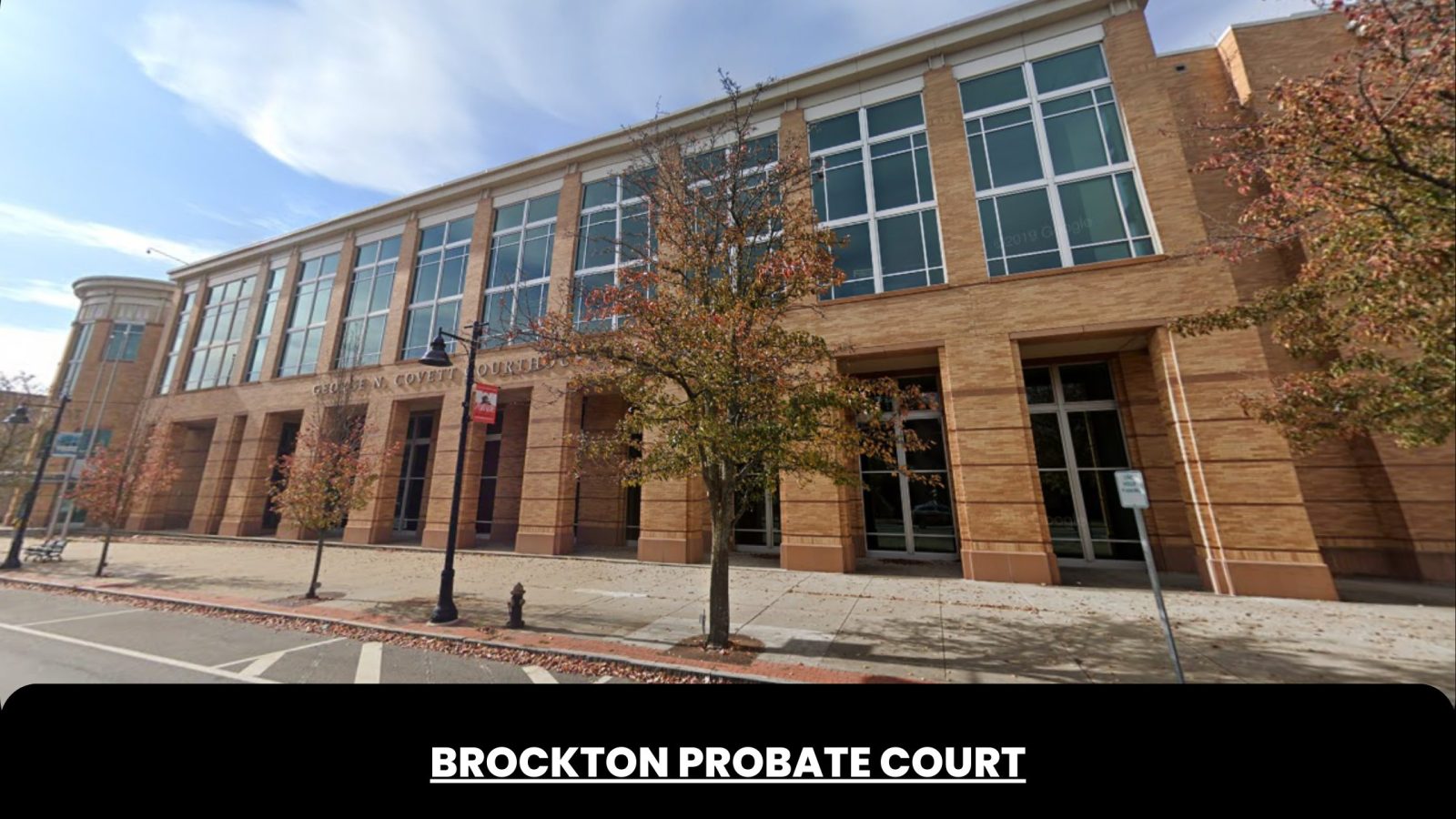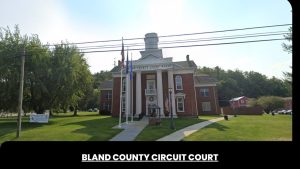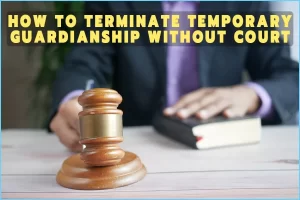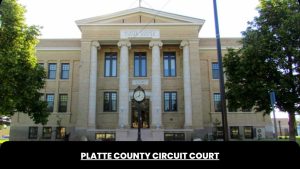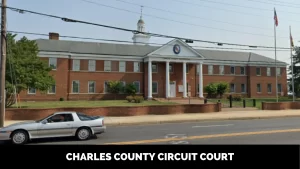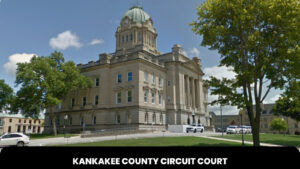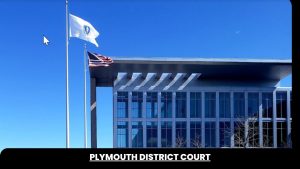Brockton Probate Court: A Comprehensive Guide
Time
Working Hours:
Monday: 8:30 am–4:30 pm
Tuesday: 8:30 am–4:30 pm
Wednesday: 8:30 am–4:30 pm
Thursday: 8:30 am–4:30 pm
Friday: 8:30 am–4:30 pm
Saturday: closed
Sunday: closed
Connect with a Attorney
Introduction
Have you ever wondered about the role of a probate court in settling estates and handling legal matters related to guardianship and wills? If you find yourself in Brockton, Massachusetts, the Brockton Probate Court is the place to seek assistance. In this article, we will delve into the functions and processes of the Brockton Probate Court, providing you with valuable insights into the realm of probate law.
What is Probate?
Probate refers to the legal process of settling the estate of a deceased person, including distributing assets and resolving any outstanding debts. When someone passes away, their assets and debts need to be appropriately handled and managed. Probate court plays a vital role in overseeing this process and ensuring it proceeds in a fair and lawful manner.
Understanding Brockton Probate Court
The Brockton Probate Court, situated in the city of Brockton, Massachusetts, is a specialized court that deals with probate matters. It has jurisdiction over various legal issues, including estate administration, guardianship matters, and will contests. The court operates under the Massachusetts Probate and Family Court Department and has specific functions to fulfill.
Jurisdiction and Functions
The Brockton Probate Court has jurisdiction over probate matters within its geographical area, which includes the city of Brockton and surrounding regions. The court handles cases related to the settlement of estates, guardianship appointments, and disputes over wills and trusts.
Filing a Probate Case
If you find yourself needing to file a probate case in the Brockton Probate Court, it’s essential to understand the process. The court requires certain documents and forms to be filed, including a petition for probate, death certificate, and any relevant wills or trust agreements. Having an experienced attorney guide you through the filing process can be immensely helpful to ensure accuracy and adherence to court procedures.
Probate Process
Once a probate case is filed, the court follows a defined probate process. This process involves validating the will, appointing an executor or administrator, inventorying assets, paying debts and taxes, and distributing assets to beneficiaries. The probate process can be complex and time-consuming, but the court provides guidance and oversight to ensure everything is handled correctly.
Estate Administration
One of the primary functions of the Brockton Probate Court is overseeing the administration of estates. This includes verifying the validity of wills, appointing executors, and ensuring the proper distribution of assets according to the deceased person’s wishes or applicable laws. The court plays a crucial role in protecting the interests of beneficiaries and resolving any disputes that may arise during the administration process.
Guardianship Matters
In addition to estate administration, the Brockton Probate Court handles guardianship matters. If someone is unable to make decisions due to incapacity or being a minor, the court can appoint a guardian to act on their behalf. Guardianship cases involve determining the best interests of the individual and appointing a suitable guardian to ensure their welfare and safety.
Will Contests
Occasionally, disputes may arise regarding the validity or interpretation of a will. The Brockton Probate Court is responsible for resolving these will contests. It carefully examines the evidence, hears arguments from concerned parties, and ultimately makes a decision based on the law and evidence presented. The court’s primary objective is to uphold the intentions of the deceased person while ensuring fairness and justice.
Mediation Services
Recognizing the emotional and financial toll of probate disputes, the Brockton Probate Court offers mediation services. Mediation provides an alternative to litigation, allowing parties to work together with the help of a neutral mediator to find mutually agreeable solutions. This approach often leads to more satisfactory outcomes, reduces conflict, and saves time and money.
Probate Court Records
The Brockton Probate Court maintains records of all probate cases it handles. These records are important for legal and historical purposes and can be accessed by interested parties. They provide a valuable resource for genealogical research, estate planning, and resolving legal matters.
Accessing Court Resources
The Brockton Probate Court provides various resources to help individuals navigate the probate process. From self-help guides and forms available on their website to informational sessions and workshops, the court strives to empower people with the knowledge and tools necessary to handle probate matters effectively.
Importance of Legal Representation
While it’s possible to navigate the probate process without legal representation, having an experienced attorney by your side can greatly simplify and streamline the process. A skilled probate attorney understands the intricacies of probate law, ensures compliance with court requirements, and advocates for your best interests.
Brockton District Court Daily List
The Brockton District Court prepares a daily list of cases scheduled to be heard in the courtrooms on a particular day. The daily list contains information about the case numbers, parties involved, and the assigned courtroom. It is a useful resource for individuals involved in ongoing legal proceedings or for those interested in observing court proceedings.
Brockton Juvenile Court
The Brockton Juvenile Court handles cases involving minors, focusing on rehabilitation and providing necessary support and services. It deals with delinquency matters, child abuse and neglect cases, and issues related to guardianship and custody. The court’s primary goal is to protect the welfare and best interests of children while promoting their overall well-being.
Brockton Superior Court
The Brockton Superior Court is a higher-level court that handles more serious criminal offenses and civil cases beyond the jurisdiction of the district court. It presides over cases involving major crimes, complex civil disputes, and cases where substantial damages are claimed. The Brockton Superior Court plays a crucial role in ensuring justice in significant legal matters within its jurisdiction.
Conclusion
In conclusion, the Brockton Probate Court plays a vital role in the settlement of estates, guardianship matters, and will contests. It serves as a crucial resource for individuals navigating the probate process, providing guidance, overseeing legal matters, and ensuring fairness and justice. Understanding the functions and processes of the Brockton Probate Court is essential for anyone involved in probate-related matters.
FAQs
1. How long does the probate process typically take?
The duration of the probate process can vary depending on various factors, including the complexity of the estate and any disputes that arise. It can take several months to a year or more to complete.
2. Do I need an attorney for probate cases?
While legal representation is not mandatory, having an experienced probate attorney can significantly simplify the process and ensure compliance with court requirements.
3. Can I access probate court records for genealogical research?
Yes, probate court records can be a valuable resource for genealogical research, providing insights into family histories and relationships.
4. What happens if someone contests a will?
If a will is contested, the Brockton Probate Court carefully examines the evidence and arguments from concerned parties to make a decision based on the law and evidence presented.
5. How can mediation help in probate disputes?
Mediation offers a collaborative and cost-effective alternative to litigation, allowing parties to work together with a neutral mediator to find mutually agreeable solutions and avoid prolonged court battles.

